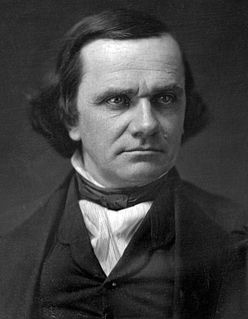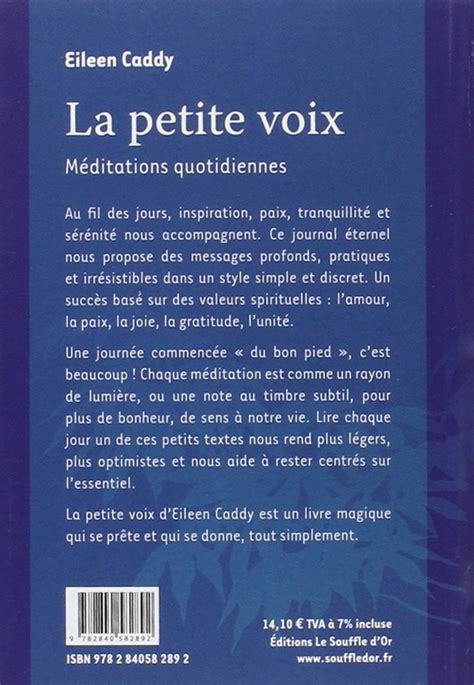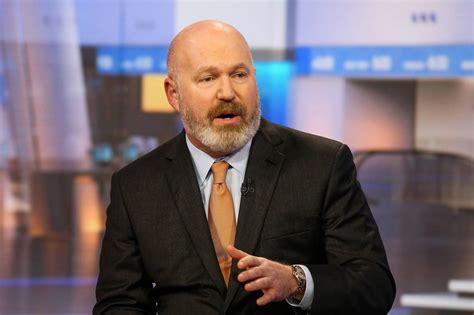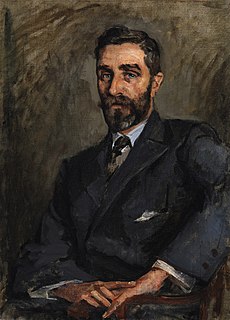A Quote by Thomas Jefferson
Every State has a natural right in cases not within the compact (casus non faederis) to nullify of their own authority all assumptions of power by others within their limits. Without this right, they would be under the dominion, absolute and unlimited, of whosoever might exercise this right of judgment for them.
Related Quotes
The sovereignty of the state as the power that protects the individual and that defines the mutual relationships among the visible spheres, rises high above them by its right to command and compel. But within these spheres ... another authority rules, an authority that descends directly from God apart from the state. This authority the state does not confer but acknowledges.
An absolute and unlimited right over any object of property would be the right to commit nearly every crime.If Ihad sucha right over thestick Iamaboutto cut, I might employ it as a mace to knock down the passengers, or I might convert it into a sceptre as an emblem of royalty, or into an idol to offend the national religion.
The fundamental rights of [humanity] are, first: the right of habitation; second, the right to move freely; third, the right to the soil and subsoil, and to the use of it; fourth, the right of freedom of labor and of exchange; fifth, the right to justice; sixth, the right to live within a natural national organization; and seventh, the right to education.
I deny the right of Congress to force a slaveholding State upon an unwilling people. I deny their right to force a free State upon an unwilling people. I deny their right to force a good thing upon a people who are unwilling to receive it. The great principle is the right of every community to judge and decide for itself, whether a thing is right or wrong, whether it would be good or evil for them to adopt it; and the right of free action, the right of free thought, the right of free judgment upon the question is dearer to every true American than any other under a free government.
Things and persons appear to us according to the light we throw upon them from our own minds. How unconsciously we judge others by the light that is within ourselves, condemning or approving them by our own conception of right and wrong, honor and dishonor! We show by our judgment just what the light within us is.
If you are going towards the easy, the ego starts dying. And when there is no ego left, you have arrived to your reality - the right, the truth. And truth and right have to be natural. Easy means natural; you can find them without any effort. Easy is right means natural is right, effortlessness is right, egolessness is right.
I believe in absolute freedom of conscience for all men and equality of all churches, all sects and all beliefs before the law as a matter of right and not as a matter of favor. I believe in the absolute separation of church and state and in the strict enforcement of the Constitution that Congress shall make no law respecting an establishment of religion or prohibiting the free exercise thereof I believe that no tribunal of any church has any power to make any decree of any force in the law of the land, other than to establish the status of its own communicants within its own church.
Listing rights generally involves enumerating things you may do without interference (the right to free speech) or may not be done to you without your permission (illegal search and seizure, loud boy-band music in public places). They are protections, not gifts of material goods. Material goods and services must be taken from others, or provided by their labor, so if you believe you have an absolute right to them, and others don't choose to provide it to you, you then have a 'right' to steal from them. But what about their far more fundamental right not to be robbed?
Even a superstitious man has certain inalienable rights: the right to harbor and indulge his imbecilities, provided only that he does not try to inflict them upon others by force; he has the right to argue for them as eloquently as he can. But he has no right to be protected from the criticism of those who do not hold them. He has no right to demand that they be treated as sacred. He has no right to preach them without challenge.


































